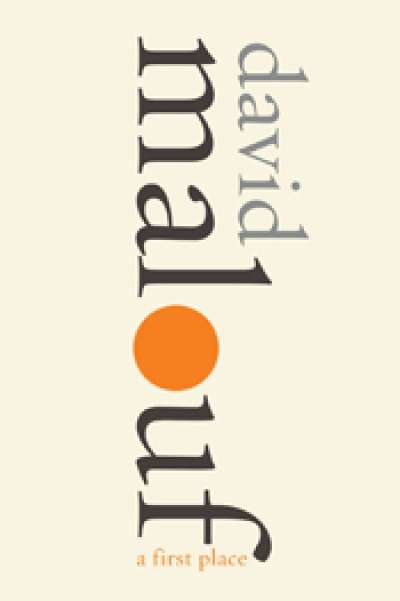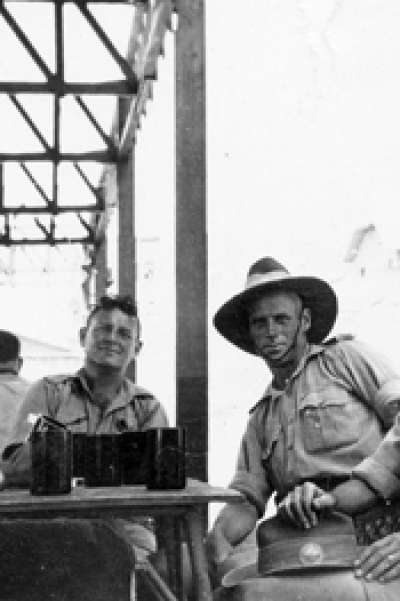Essays
One afternoon some three decades or more ago in a stuffy conference room at W.W. Norton & Company, the New York publishing firm where I then worked, the semi-annual sales conference was underway. Assembled were the national sales reps and the marketing team, members of the editorial board, the publicity director and senior publicists, and our president and chairman. A formidable array for editors to face – especially young ones, as I was then – as they presented their upcoming books on the next seasonal list.
One had about three to five minutes tops (though this was often honoured more in the breach, to the exasperation of the audience) to get across to the reps – a fairly jaded lot, but for the most part tolerant of newbies like me – an idea of a book’s content; its main sales points; a run-down of competing titles; any scintillating pre-pub blurbs one had been able to secure; and a conviction-filled guarantee that the author was an absolute certainty to be interviewed on the Today Show.
... (read more)What makes a story compelling? When I was an undergraduate student at Deakin University, I was fortunate enough to be instructed in fiction writing by Gerald Murnane. His key criterion for the worth of a story was its capacity to mark his memory with an enduring image. Over time he used to cull books from his shelves that failed to impress him in this way.
... (read more)The novel begins with the burnished quality of something handed down through generations, its opening lines like the first breath of a myth. Seductive in tone and concision, charged with an aura of enchantment, the early paragraphs of George Johnston’s My Brother Jack (1964) do more than merely lure the reader into the narrative. In these sentences, Johnston reveals the conviction and control of a master storyteller who, at the outset, establishes his ambition and literary lineage:
... (read more)In a 2011 lecture, David Crystal, a leading authority on the English language, spoke about the possibility of a ‘super-dictionary’ of English – a dictionary that would include every word in global English. Such a dictionary was, he acknowledged, a ‘crazy, stupid idea’, but an idea that seemed somehow possible in the electronic age, where the constraints of print no longer apply.
Dictionaries in the mould of Samuel Johnson’s A Dictionary of the English Language (1755) and James Murray’s Oxford English Dictionary (OED, first volume 1884) have shaped our understanding of what a dictionary is. Dictionaries of the twentieth century, from Webster’s to the Chambers Dictionary to the Macquarie Dictionary to the Australian Oxford Dictionary, have followed in their footsteps.
... (read more)In Australia, thinking ‘landscape’, ‘country’, and ‘place’ virtually interchangeable is the hallmark of a migrant society. This is obvious because of the skeleton at our feast, the contrast between Aboriginal and non-Aboriginal ways of seeing land. Both can agree that ‘there’s no place like home’, because ‘place’ here means ‘a place’, a particular place, home. But non-Aboriginal writing commonly separates ‘place’ and ‘home’ – two centuries ago because that was literally so; now often as proof that Australia is multicultural.
... (read more)In Iris Murdoch’s novel, The Sandcastle (1957), a young artist called Rain Carter is commissioned to paint a retired schoolmaster, Demoyte, an eccentric with an offbeat sense of humour. Instead of his usual attire – a shabby red velvet jacket with tobacco stains and bow tie – Demoyte turns up ...
... (read more)On an early spring evening in 1919, in a nearly empty cinema in the English seaside town of Lyme Regis, a slight, dark-haired figure slipped into a seat at the farthest edge of a row. From here, she would have a clear view of the profile of the youthful pianist who, sheltered behind a screen, accompanied the silent film. In white tie and tails, with her fair hair slicked down, the young musician could easily have passed for a boy. But Henry knew better. She had already extracted from the cinema’s owner the useful information that the pianist who gave such superlative performances night after night in the dark, sparsely filled hall was his daughter, Olga. The delicious ambiguity of the young woman’s appearance only added to the pleasure of her effortless improvisations. The soft, feminine form in its stiff, masculine garb was as enticing as the verve and finesse of the music itself.
... (read more)Christine Piper is the winner of the 2014 Calibre Prize for an Outstanding Essay, worth $5,000. In this powerful essay, she writes about Japanese biological weapons and wartime experiments on living human beings.
... (read more)


